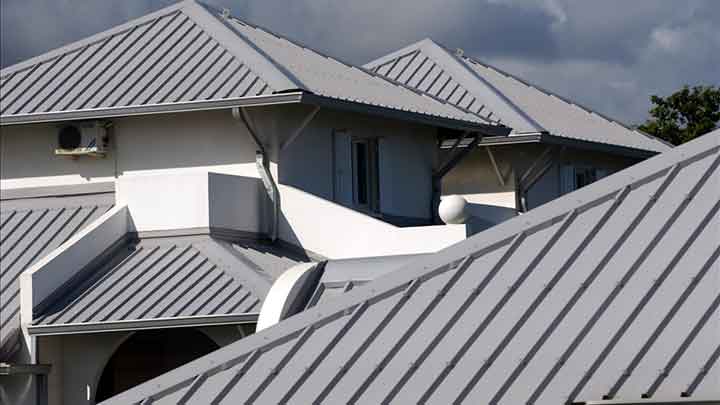
Vinyl membrane roofs are becoming a popular option in residential and commercial construction. The roofing material is also known as polyvinyl chloride (PVC). It is the only type of roofing with an active recycling program since 1999.
But what exactly are vinyl roof membranes? And is it the right option for house roofing? Let’s dig deep about the Huntsville roofing option to find out more.
Vinyl Membrane Roofing: An Overview
Vinyl membrane roofing is a durable roofing solution. The material was developed by a German company Trocal in 1966. It is made of membrane sheets of vinyl. It is made of different materials including:
- Mixed vinyl resins
- Heat stabilizers
- Biocides
- Ultraviolet light inhibitors
- Color pigments
A polyester reinforcement scrim is sandwiched between the above materials that add to the durability of the material. Moreover, plasticizers are added at the bottom layer of the vinyl roof membrane. Fiberglass or polyester layer adds tear resistance to the roofing membrane.
Vinyl membranes are installed similar to standard roofing material. Expert Huntsville roofers weld the seams using the hot-air welding technique when installing the membranes.
Pros and Cons of Vinyl Roof Membranes
Durable Material
Vinyl roof membranes can last for a long time. The roofing material can withstand great stresses without much wear and tear. You won’t have to replace a new vinyl roof for up to 40 years.
The material can withstand hail and wind. It has a Class 4 rating for hail damage that means the material can withstand about two-inch sized hails.
Moreover, it has high fire resistance. The roofing membranes are recommended in fire-prone areas. Additionally, the material is resistant to water damage. It is heat-sealed when installed that protect against water leakages.
Sustainable and Green Roofing Option
Vinyl roof membrane contributes to reduced environmental pollution. The material helps reduce the urban heat island effect. Additionally, the roofing option reduces the cooling load on the house resulting in less electricity use. The material is also resistant to the ultraviolet rays of the sun. The white color reflects the harmful rays of the sun due to which there is less load on the air conditioner.
The roofing material is also recyclable. It can be recycled to make new roofing when it reaches the end of its lifecycle. You can feel good knowing that you are doing good for the environment when you opt for this roofing material.
Resident to Oil and Grease
A grease trap installed in most restaurants where a lot of cooking oil is used sometimes leaks grease. It gets deposited on the roof that leads to wear and tear of the paint.
Vinyl roofing material is resistant to oil and grease. This makes it the recommended material for restaurants.
Variety of Options
Vinyl roofing is available in a wide variety of colors and thicknesses. Color ranges from the most common white to grays and browns. It is also available in a wide range of thicknesses from 40 to 80 mm. You will have more options to select the best roofing material for your home or office.
Cons of Vinyl Roof Membrane
Vinyl roof is not recommended for regions with extremely cold climates. The material is not suitable for cities in Alaska and parts of Canada where the temperature dips to -54 degrees centigrade. It becomes brittle and cracks when exposed to extreme temperatures.
Additionally, vinyl roof membrane requires a smooth surface for installation. The old roof has to be completely removed to install new roofing. As a result, installing the roof takes more labor and time.
Conclusion
Vinyl roof membranes serve as an ideal Huntsville roofing option, particularly for commercial buildings. While the cost of the material is more than traditional shingles, the benefits make it worth every penny.
Make sure that you hire a professional Huntsville roofing company for the installation of a vinyl membrane roof. It requires expert roofing techniques that can only be performed by experienced roofers.

